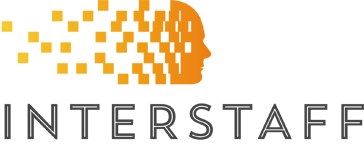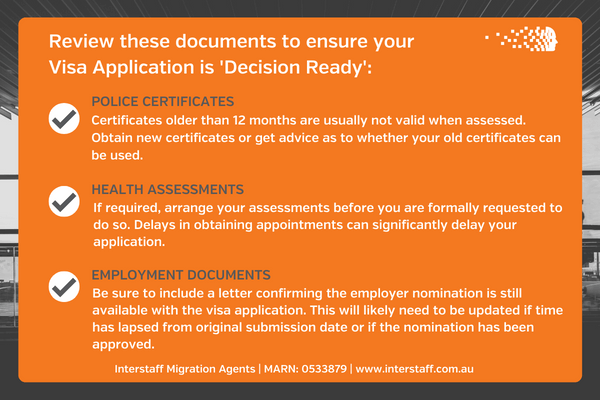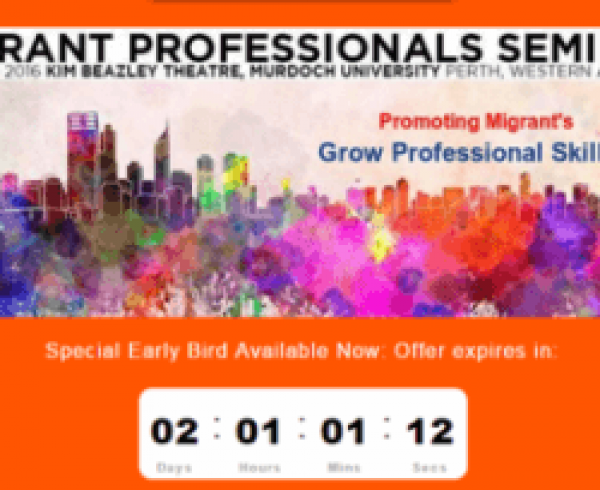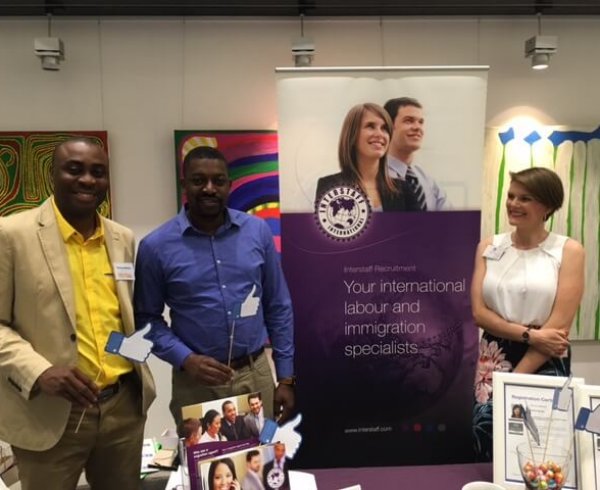The Albanese Government has yet to reach 90 days in office and skilled migration and skills shortages have already emerged as key policy priorities.
With Australia’s unemployment rate at historically low levels and a recent OECD report identifying Australia as having the second-worst labour shortage amongst developed nations, employers and other groups are calling upon the government to increase skilled migration numbers.
Why is migration a government priority?
Australia has a history of administering large migration programs. With one in three workers in Australia born overseas and one in five holding a temporary or permanent visa, the economy relies upon it. Skilled migrants have been found to have high workforce participation rates and stimulate economic growth.
While it is not possible to say with certainty how the Albanese government will adapt Australia’s migration program to meet the country’s skills and economic needs, it has confirmed migration will be a key topic at its Skills Summit in September 2022.
There are two pivotal changes that could be considered to improve Australia’s migration settings: amending the Subclass 482 streams and changing Labour Market Testing requirements.
Temporary Skills Shortage Visa | Removing the ‘Guest Worker’ Stream
When the Temporary Skills Shortage (TSS) visa was introduced in 2018, its Short Term stream effectively created a ‘guest worker’ visa that removed the pathway to permanent residence. The Short Term stream allows for an initial two-year Subclass 482 visa with the possibility of one two-year extension onshore.
The bifurcated structure of the TSS visa is significantly different from its predecessor (the Subclass 457 visa) and it has resulted in two types of temporary visa holders: those who could access permanent residence and those who could not. Short Term 482 visa holders were expected to return home at the end of their stay.
In late 2019, the introduction of Subclass 494 Regional Provisional visa went some way to ameliorating this situation by providing a permanent residence pathway for Short-Term 482 visa holders working in regional Australia. However, the administrative burden of applying (including a mandatory skills assessment) and the restriction of positions to regional Australia mean that the utility of this visa to assist in resolving Australia’s current labour shortage is limited.
Labour governments have historically favoured permanent residence pathways for skilled migrants and Prime Minister Albanese recently indicated that his government would consider permanent forms of migration alongside temporary migration:
“One of the things that we can consider, that I’ve spoken about, is — how is [it] that for some particular professions, that have been short of supply for such a long period of time, we continue to rely on temporary migration rather than more permanent forms?”
It will be interesting to see how the government tackles the structural problem created by the TSS program given Australia’s post-COVID-19 need for skills in a competitive global environment.
Labour Market Testing and Low Unemployment
Labour Market Testing (LMT) is the requirement to advertise jobs locally before offering a position to an international candidate. LMT applies to most skilled visas including the TSS, DAMA, and Labour Agreement programs.
In general, for Subclass 482 Temporary Skills Shortage (TSS) visa, advertising on at least three national platforms, for a period of 4 weeks each is required. This includes mandatory advertising on the Commonwealth government’s Workforce Australia website (formerly Job Active) which is not regularly used by employers in Australia.
The result is that businesses that have already advertised extensively within Australia (for example on Seek, Indeed, or specialist industry platforms) must repeat a further four weeks of Workforce Australia advertising before a job can be offered to an international candidate.
Questions have been raised about the need for extensive LMT at a time of record low unemployment rates, especially in critical industries such as health, information technology, and engineering services. It is likely that the LMT requirements will be modified to reflect the labour market situation and to be better focused.
Interstaff | Migration Agents Australia
Interstaff is an Australian-owned and operated business providing strategic migration advice to businesses and individuals Australia-wide and internationally since 1988.
Should you need professional advice on your Visa or Migration requirements, we encourage you to call Interstaff’s Migration Agents on 08 9221 3388 (Perth) or 02 7200 2567 (Sydney) or 03 8319 0902 (Melbourne) or +61 8 9221 3388 (International).
You may also wish to connect with us on Facebook and LinkedIn or get in touch with us here.
